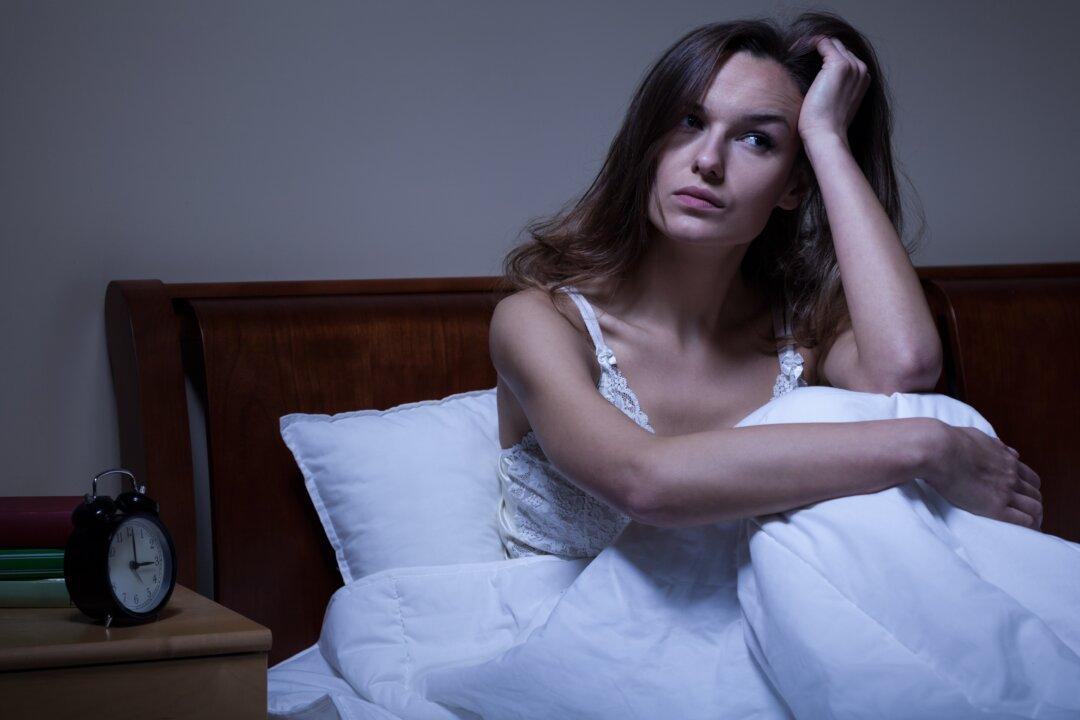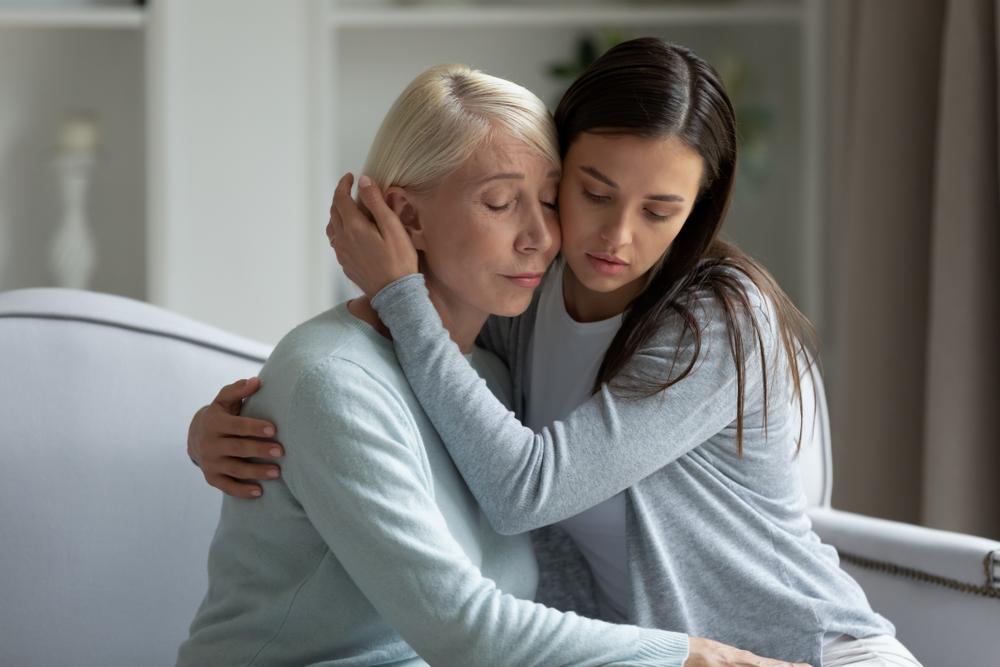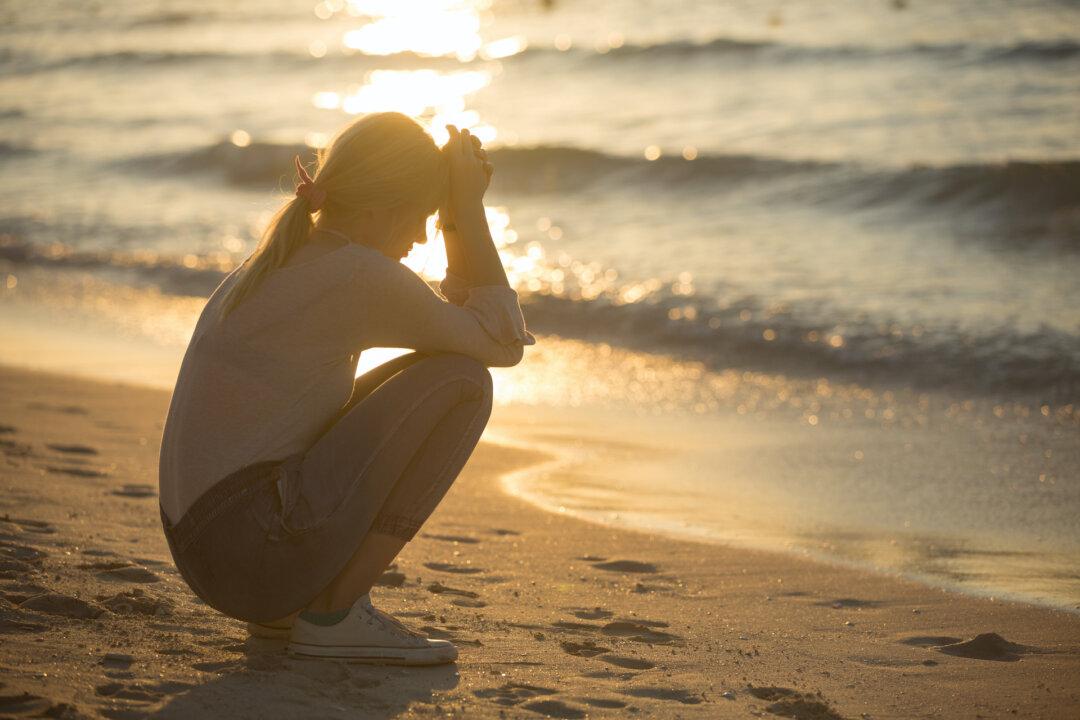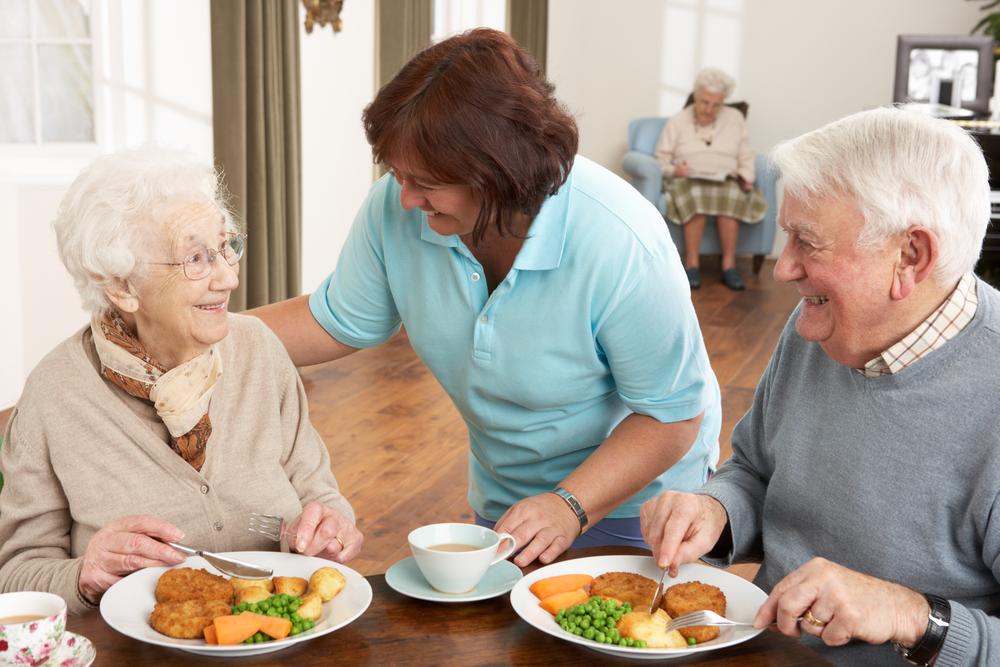Many people I know have been complaining lately about losing sleep. It’s no surprise why. All of us are feeling increased stress and worry as our lives are turned upside down. COVID-19 can keep us up at night.
What can we do to protect our sleep? For answers, I turned to Shelby Harris, former director of the Behavioral Sleep Medicine Program at Montefiore Medical Center, an associate professor at the Albert Einstein College of Medicine, and author of the book “The Women’s Guide to Overcoming Insomnia.” We discussed what’s driving sleep disruption, the place of news and social media in our lives, the best way to binge your favorite TV shows, and more.




